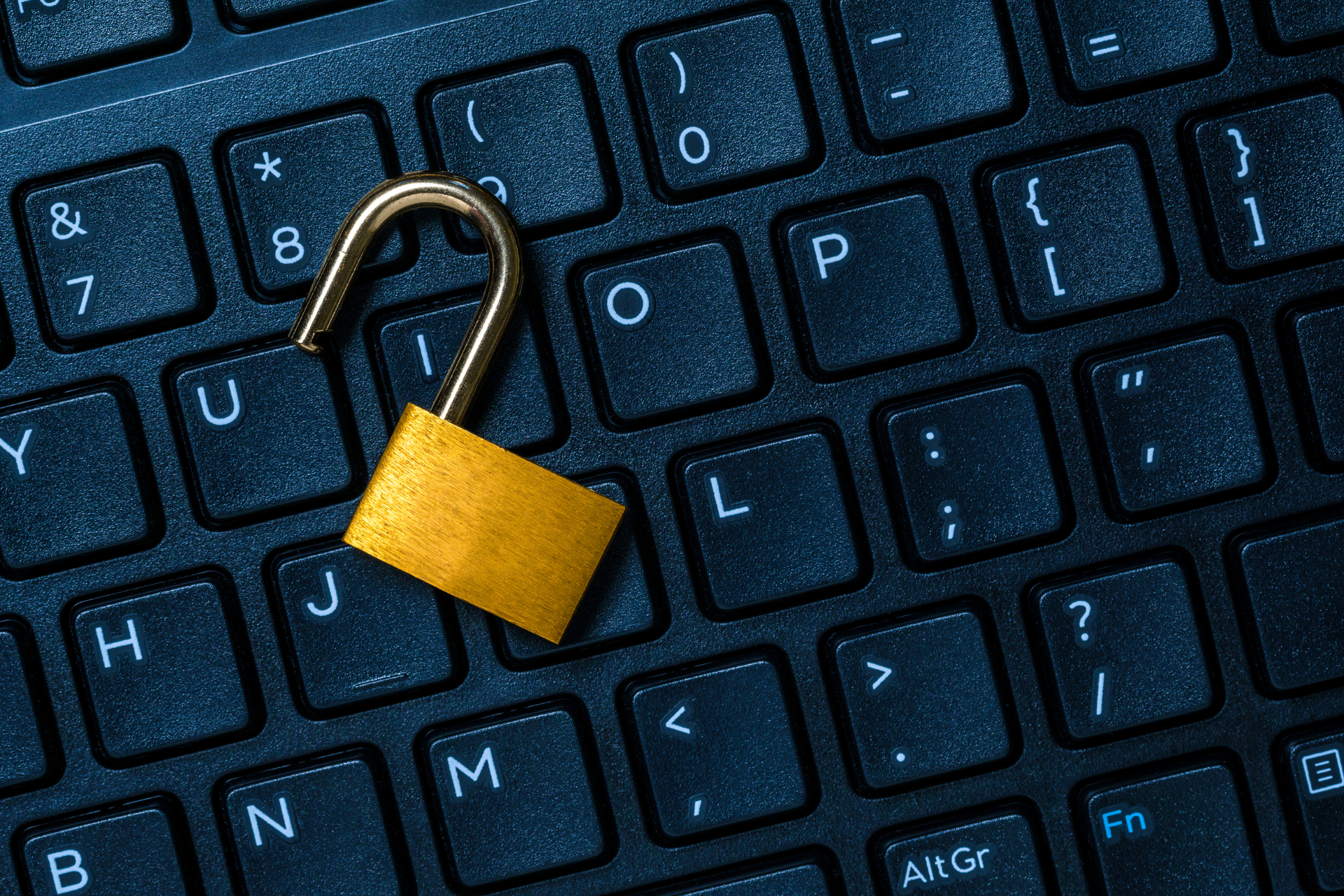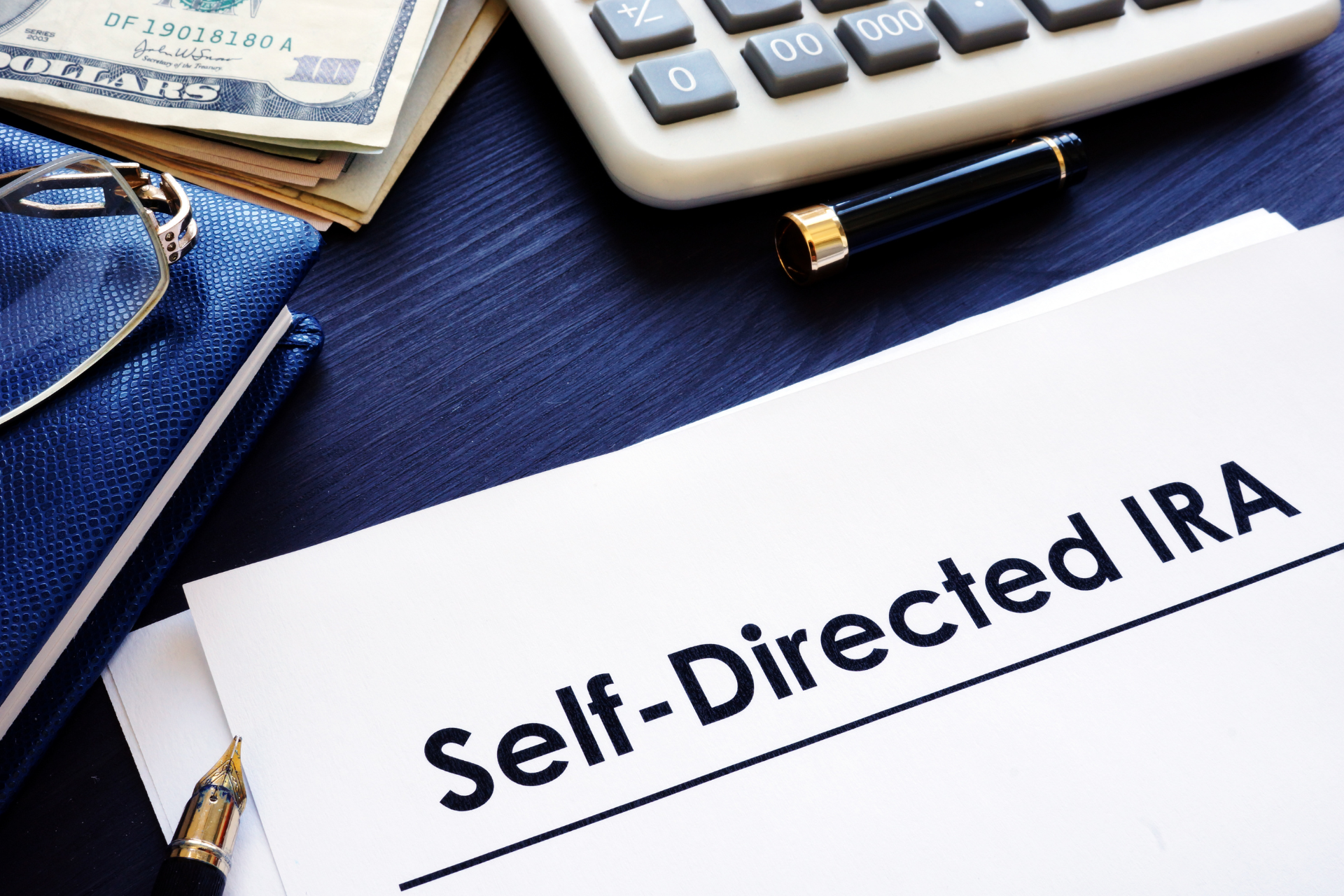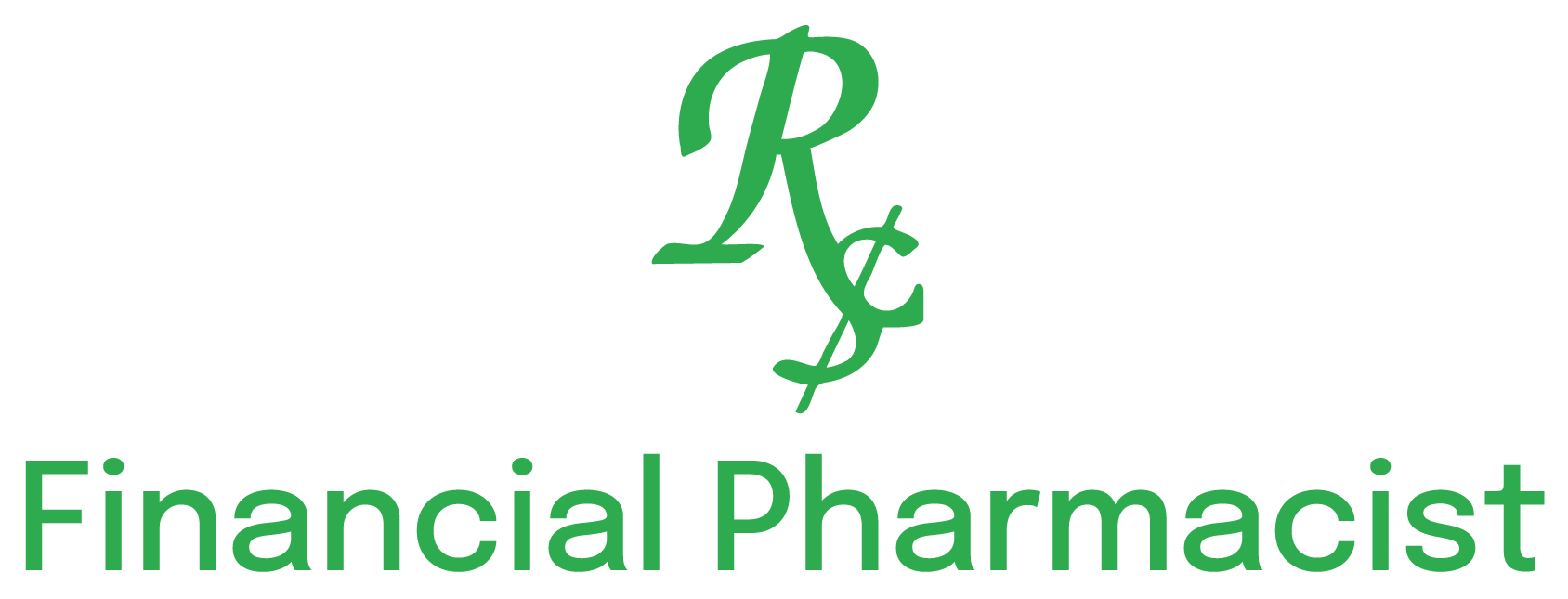Retirement Residence Styles - Helping Elderly Parents Age in Place
October 16, 2023
As the years pass, many older adults express their desire to age gracefully in the comfort of their homes. According to studies, a staggering 90% of seniors aspire to stay in their familiar surroundings as they grow older. If you or a loved one shares this sentiment, it's time to devise a plan for aging in place. Here are six essential steps to ensure a safe and fulfilling journey towards aging in place:
1. Complete a Home Safety Check
Before embarking on aging in place, it's crucial to ensure that your home is safe and accommodating. Conduct a thorough home safety check to preemptively reduce the risk of accidents or falls. Organizations like AARP have identified several easy modifications that can enhance safety. These include installing non-slip floor surfaces, adding grab bars in bathrooms, switching to lever-handled doorknobs, and setting up personal alert systems to call for help during emergencies.
2. Prioritize Your Health
Maintaining good physical health is a cornerstone of independent living at home. Prioritize a heart-healthy lifestyle by embracing a balanced diet, engaging in regular exercise, and minimizing stress. These practices can help ward off serious health conditions such as heart disease, arthritis, dementia, and depression, allowing you to enjoy your home for years to come.
3. Make a Plan for Transportation
Staying engaged with your community is essential for a fulfilling life. While driving may be an option, it's not the only one. Explore various transportation alternatives such as public transit, carpooling with friends and family, or utilizing local taxi companies and ride-sharing services like Lyft. Ensuring you have reliable transportation options will help you maintain an active social life and access essential services.
4. Befriend Technology
Embracing technology can significantly enhance your aging-in-place experience. You don't need to become a tech guru to stay connected with loved ones worldwide. Familiarize yourself with messaging and video conferencing apps on your smartphone or tablet to stay in touch effortlessly. Technology can also help you stay informed about community events and access convenient grocery delivery and transportation services.
5. Look into Long-Term Care Insurance
Your healthcare needs may change as you age, and you may require long-term care. It's worth noting that Medicare does not cover ongoing long-term home care. Exploring alternatives like long-term care insurance can be a wise financial decision. This type of insurance helps cover the costs of care not typically covered by health insurance or Medicare, ensuring you're prepared when considering in-home caregivers.
6. Make a Plan for Care
Preparing for future home care needs is not just a financial matter but also a matter of arranging caregiving support. Programs like the Seniors At Home Futures Program are designed for healthy individuals who anticipate their needs changing as they age. Enrolling in such programs provides peace of mind, knowing who to call in case of a crisis or when it's time to consider additional assistance at home, and often comes at no cost.
By taking these proactive steps now, you'll pave the way for aging in place, allowing you to live life on your terms in the comfort of your cherished home, not just today but in the years to come. Embrace this journey confidently, knowing that a well-prepared plan can make all the difference in your golden years.

In today’s digital age, financial security is under constant threat. From data breaches to identity theft, protecting your personal information is crucial. At The Financial Pharmacist, Inc., we are dedicated to helping you take control of your financial safety. This guide provides actionable steps to prevent identity theft and protect your credit, focusing on how U.S. residents can safeguard themselves from security breaches. 1. Freeze Your Credit Reports Freezing your credit reports at the three major bureaus—Equifax, Experian, and TransUnion—is one of the most effective ways to protect yourself. A credit freeze blocks anyone, including potential fraudsters, from accessing your credit report to open new accounts in your name. It's important to note that freezing your credit doesn't impact your existing accounts or credit score—it simply locks out unauthorized users. Steps to Freeze Your Credit: Equifax and TransUnion: Visit their websites or call their customer service to place a freeze. You can also request a freeze by mail. Experian: Due to their arbitration agreement, we recommend freezing your Experian credit by phone or mail to retain your legal rights. Why Choose Freezing Over a Credit Lock? While a credit lock seems similar, a freeze is more secure because it provides stronger legal protections. A lock can be quickly reversed online, whereas a freeze requires more robust verification, making it harder for identity thieves to access. 2. Don’t Forget Secondary Credit Agencies While the three major bureaus get the most attention, identity thieves may target lesser-known agencies that also store your financial information. Freezing your reports with ChexSystems, LexisNexis, and Innovis provides an additional layer of security. These bureaus are often used to verify bank accounts, loans, and utility accounts, making them key targets for fraud. Key Bureaus to Freeze: ChexSystems: Used for banking and checking account verification. Highly important to freeze, even if you're not a victim of identity theft. LexisNexis: Often used for public records and identity verification, especially by financial institutions. Innovis: A smaller credit bureau that some services use for identity checks. By freezing these reports, you make it even more difficult for identity thieves to open accounts in your name. 3. IRS Identity Protection PIN Tax fraud is a common way for identity thieves to steal from you. They may file a fraudulent tax return in your name, claiming your refund. Protect yourself by applying for an IRS Identity Protection PIN (IP PIN). This six-digit number is used to confirm your identity when filing your taxes, preventing fraudsters from submitting false returns on your behalf. 4. Secure Your Online Accounts In an increasingly connected world, your online presence can be a vulnerability if not properly secured. Many identity thieves gain access to financial accounts through compromised email or phone numbers. Key Security Steps: Two-Factor Authentication (2FA): Enable 2FA on all important accounts, particularly your email and financial services. Choose an authentication app (such as Google Authenticator or Authy) or a physical security key over SMS-based 2FA, which can be compromised by SIM-swapping. Secure Passwords: Use long, unique passwords for each account and consider using a password manager like LastPass or 1Password to manage them securely. Monitor Account Activity: Regularly review your financial statements and set up alerts to notify you of any suspicious activity. Many banks and financial institutions offer real-time transaction alerts. 5. Opt Out of Data Sharing Programs Data brokers like LexisNexis share your information with companies for various identity verification purposes. If you're eligible, opt out of LexisNexis data-sharing programs to limit the amount of your personal information that gets circulated. Be sure to keep a record of your opt-out requests and any confirmation emails you receive. 6. Place Fraud Alerts If you suspect your identity has been stolen or compromised, placing a fraud alert on your credit reports is an additional step to protect yourself. A fraud alert notifies potential creditors to take extra steps to verify your identity before issuing credit in your name. There are two types of fraud alerts: Initial Fraud Alert: Lasts for one year and can be renewed. Extended Fraud Alert: Lasts for seven years, intended for confirmed victims of identity theft. 7. Protect Your Tax Returns and Social Security Information Fraudsters often target tax returns and Social Security numbers to commit identity theft. By setting up secure online accounts with government services, you can reduce your risk. Recommended Accounts to Register: IRS (Get an IP PIN): Protect your tax returns from fraud by securing them with a unique PIN from the IRS. Social Security: Register an account at Social Security Administration’s website to prevent others from fraudulently accessing your benefits. E-Verify: Set up an E-Verify account and lock your Social Security number to prevent its misuse for employment fraud. 8. Monitor for Suspicious Activity Using identity theft monitoring services can give you peace of mind by notifying you of any unusual activity on your accounts. Some services also monitor secondary credit bureaus and public records, alerting you to attempts to misuse your personal data. Popular Identity Monitoring Services: Aura LifeLock Ultimate Plus Zander Elite Cyber Bundle These services monitor various data points, including your credit reports and non-credit-related information, giving you the ability to respond quickly if suspicious activity is detected. 9. Protect Your Mail and Personal Documents Mail theft is an often-overlooked but common method used by identity thieves. Prevent unauthorized changes to your mail delivery by signing up for USPS Informed Delivery, which allows you to track incoming mail. Additionally, secure your important personal documents like Social Security cards, birth certificates, and passports in a safe place, preferably a locked safe. 10. Verbal Passwords and Additional Security Measures Consider adding verbal passwords to your financial accounts. This is an extra layer of security for telephone interactions with your bank, preventing unauthorized individuals from impersonating you to gain account access. Ask your bank or credit union about this option, and choose a unique, hard-to-guess password. Schedule a Consultation Today Don’t wait until it’s too late to protect yourself from identity theft and security breaches. At The Financial Pharmacist, Inc., we specialize in helping you safeguard your financial health with personalized advice and strategies. Schedule a consultation today to get started on securing your financial future and protecting your identity. Taking these steps may seem overwhelming, but the peace of mind they offer is invaluable. Let us help you navigate these security measures and ensure your financial health is well-protected!

When it comes to managing your retirement savings—whether you're changing jobs or preparing for retirement—you might be wondering if it's a good idea to roll your 401(k) into a self-directed rollover IRA. This decision can offer multiple benefits, but it’s important to carefully weigh your options. Here’s what you should consider: 1. More Investment Choices A self-directed rollover IRA provides a wider range of investment options compared to a traditional 401(k). You can invest in stocks, bonds, mutual funds, real estate, and even certain types of precious metals. This flexibility can help you build a more diversified portfolio that matches your financial goals and risk tolerance, whether you're nearing retirement or just starting a new job. 2. Greater Control and Flexibility With a self-directed IRA, you have more control over your investment choices. This type of account allows you to make investment decisions based on your research and preferences, rather than being limited to the options offered by your 401(k) plan. If you prefer a hands-on approach to managing your retirement savings, or if you're looking to actively manage your investments as you change jobs or retire, a self-directed IRA may be a great fit. 3. Potential for Lower Fees 401(k) plans often come with administrative and management fees that can eat into your investment returns over time. By rolling your 401(k) into a self-directed IRA, you may be able to reduce these fees, depending on the account custodian you choose. It’s essential to compare the fee structures of different custodians to find the best fit for your needs. Lower fees can mean more savings for you as you transition into a new job or retirement. 4. Roth Conversion Possibilities If you’re interested in converting some of your retirement funds to a Roth IRA, a rollover IRA offers a straightforward path. Converting to a Roth IRA can provide tax-free growth and tax-free withdrawals in retirement. However, you will need to pay taxes on the converted amount at the time of conversion. This strategy can be particularly advantageous if you expect to be in a higher tax bracket in the future, making it ideal for both career-changers and those entering retirement. 5. Estate Planning Benefits Self-directed IRAs can offer more flexible estate planning options. Beneficiaries of IRAs may have more advantageous distribution options compared to those of 401(k) plans. This can benefit your heirs by helping them manage tax liabilities and maintain the tax-advantaged status of the inherited assets, ensuring your legacy is well-preserved whether you’re in the middle of your career or planning for retirement. Important Considerations Before making any decisions, it's important to consult with a financial advisor to ensure that a self-directed rollover IRA aligns with your overall financial strategy. Be aware of potential risks, and understand that self-directed IRAs require a greater level of involvement and due diligence compared to traditional retirement accounts. If you have any questions or need assistance with the rollover process, we're here to help. Contact The Financial Pharmacist, Inc. today!

When we think about estate planning, it's often associated with complex family dynamics and ensuring the well-being of multiple dependents. But as a single person, estate planning is no less crucial. In fact, with fewer automatic inheritors like spouses or children, having a clear and comprehensive plan ensures that your assets are distributed according to your wishes. Here's why estate planning matters for single people and the steps you should consider: 1. Designate your beneficiaries Without a spouse or offspring, it's vital to explicitly name your beneficiaries. Whether these are friends, extended family, or charities close to your heart, ensure they're clearly listed in your will and on your financial accounts like IRAs and life insurance policies. 2. Establish a durable power of attorney If you become incapacitated, a durable power of attorney allows someone you trust to make financial decisions on your behalf. This step is crucial to ensure that bills are paid, investments managed, and day-to-day financial affairs handled seamlessly. 3. Healthcare directives Alongside financial decisions, healthcare directives, such as a living will and a health care power of attorney, name someone to make medical decisions on your behalf. These documents inform medical personnel of your preferences regarding life support and other treatments, ensuring your wishes are followed. 4. Create a will A will outlines how you want your assets distributed after your death. Without one, state laws will determine the distribution, which might not align with your wishes. Ensure your will is specific and updated regularly to reflect any changes in your circumstances or relationships. 5. Consider a trust Trusts can offer more control over how and when your assets are distributed. If you have significant assets or specific stipulations for your beneficiaries, a trust might be a suitable option. Trusts can also help avoid the probate process, leading to a quicker and often less costly distribution of your assets. 6. Plan for digital assets In today's digital age, your online presence – from social media to digital currencies – is a significant part of your estate. Ensure you have a plan for these assets, including login information and instructions on how you want them managed or distributed. 7. Regularly review and update your plan Your circumstances and assets will evolve over time. Regularly reviewing and updating your estate plan ensures it remains current and reflective of your wishes. This proactive approach prevents any unexpected complications and ensures your estate is handled as you intend. Remember, estate planning isn’t just for the wealthy or the elderly; it’s a necessary step for anyone looking to take control of their future and provide clear instructions for their legacy. If you have any questions or need assistance navigating the complexities of estate planning as a single person, please reach out. I'm here to help and to introduce you to an estate planning attorney who will fit your personality and budget.

I am often asked why I insist that clients and prospects complete the Risk Tolerance Questionnaire with its weird and wacky questions. The reason why is that your personal risk tolerance level significantly impacts your financial well-being: the importance of aligning your investment portfolio with your risk tolerance. Risk tolerance is essentially your ability and willingness to endure market volatility and potential financial loss. It varies greatly from person to person, depending on factors such as age, financial goals, and personal comfort level with market fluctuations. Whether you are a seasoned investor or brand new to the idea, understanding your risk tolerance is crucial for making informed investment decisions. It is common to feel uneasy during periods of market instability. However, a well-structured portfolio that matches your risk tolerance can help you to weather these inevitable storms more comfortably. Here's why: 1. **Peace of Mind:** Knowing that your investments align with your personal risk tolerance can bring a sense of reassurance, allowing you to sleep better at night, even when markets are turbulent. 2. **Achieving Long-term Goals:** An appropriately balanced portfolio helps ensure that your investments are aligned with your long-term financial goals, whether that's funding your retirement, paying for your children's education, or leaving a legacy. 3. **Emotional Stability:** By managing risk appropriately, you're less likely to make impulsive decisions during market downturns. Staying the course can be essential to achieving your financial objectives. 4. **Customized Strategy:** Everyone’s financial situation and life circumstances are unique. A personalized approach that considers your risk tolerance ensures that your investment strategy is tailored to your specific needs and aspirations. I encourage you to review your current investment portfolio with me and assess whether it truly reflects your risk tolerance. This might be an excellent time to have a conversation to ensure you are on the right path. I am always happy to answer your questions and to help. Please don’t hesitate to reach out if you have any questions or if there's anything specific you’d like to discuss in more detail. Your financial peace of mind is important to me, and I am always here to support you on this journey.

Ensuring that your digital assets are included in your estate plan is a crucial aspect of modern estate planning. Here’s a step-by-step guide to help you organize and manage your digital assets: Identify Your Digital Assets: Create a comprehensive list, including: Online accounts (email, social media, banking) Digital files (photos, videos, documents) Cryptocurrency holdings Domain names Subscriptions and memberships Document Access Information: Store and update a document with detailed access information, such as usernames, passwords, two-factor authentication, and security questions. Choose a Digital Executor: Designate a trusted person to manage your digital assets in accordance with your wishes. Consider Legal and Platform-Specific Terms: Be aware of legal and platform-specific terms related to digital assets and policies regarding access and transfer after death. Create a Digital Assets Addendum or Letter of Instruction: Draft a document to accompany your will or trust, providing guidance on managing your digital assets and accessing login credentials. Use Online Password Managers: Consider using a secure online password manager and share the master password with your digital executor. Review and Update Regularly: Regularly review and update your digital asset plan to account for changes in your online presence. Digital Assets Include but May Not Be Limited to: Email Accounts: [List of Email Accounts with usernames and passwords] Social Media Accounts: [List of Social Media Accounts with usernames and passwords] Financial and Banking Accounts: [List of Financial and Banking Accounts with usernames, passwords, and any two-factor authentication details] Cryptocurrency Holdings: [Details of Cryptocurrency Holdings with access information] Digital Files and Storage: [Information on Digital Files, Storage Accounts, and access credentials] Domain Names: [List of Domain Names with registrar information and access credentials] Subscriptions and Memberships: [Details of Subscriptions and Memberships with access information] For more up-to-date ideas regarding your personal finances, please follow Diana Kahn, CFP® on LinkedIn and like The Financial Pharmacist, Inc., on Facebook.

As we navigate through this year's hurricane season, it's crucial to remember that protecting your home and belongings is just one aspect of preparation. At The Financial Pharmacist, Inc., we believe it’s equally important to safeguard your finances against the unpredictable impacts of hurricanes. Here’s how you can stay financially prepared during this tumultuous time, especially if you live in hurricane-prone areas. 1. Strengthen Your Emergency Fund Hurricanes can have a severe financial impact on households, necessitating unexpected expenses like evacuation costs and storm preparation materials. A recent study that examined the financial aftermath of two major hurricanes highlighted the need for residents in high-risk areas to maintain a robust financial buffer. This emergency fund will help cover any immediate expenses and potential losses incurred during and after a hurricane. It’s advisable to have a fund that can sustain your household for at least a few months. 2. Review Your Insurance Coverage For those who are new to hurricane-prone regions, it's important to understand that there is no specific "hurricane insurance." Instead, focus on securing wind coverage, which is crucial. While reviewing your insurance policies, keep an eye out for the terms regarding wind damage and be mindful of the hurricane deductibles that may apply—this is another scenario where having an emergency fund becomes critical. Additionally, consider obtaining flood insurance to cover any potential water-related damages, as this is not usually included in standard homeowner policies. 3. Document Your Valuables In the chaos that follows a hurricane, having a detailed record of your belongings can provide peace of mind and expedite the insurance claims process. Take the time to photograph and document all significant personal property. Alongside this, ensure you have copies of essential documents like birth certificates, wills, and property deeds stored securely in a waterproof and easily accessible location. This step is vital for protecting your property rights and personal identity after a disaster. Be Prepared While we hope you never face serious adversity due to a hurricane, being prepared can significantly mitigate the financial stress and recovery time. Remember, preparation today can prevent potential hardships tomorrow. For more useful tips and updates, make sure to Follow and Like Our Social Media Accounts. Stay safe and financially prepared! This practical guide aims to help residents in hurricane-prone areas stay ahead of potential financial challenges posed by these natural disasters. By taking proactive steps today, you can ensure a smoother and more secure recovery should you face the impact of a hurricane.

Navigating the financial landscape of higher education can be daunting for both parents and students alike. With tuition more than doubling since the 1960s and annual expenses at top-tier schools on the verge of exceeding $100,000, strategic financial planning has never been more critical. At The Financial Pharmacist, Inc., we're committed to providing you with the tools and knowledge necessary to ensure a smooth transition into and through the college years. This comprehensive guide addresses key concerns and frequently asked questions by parents, offering practical advice to manage the rising costs of college effectively. How Can We Budget Effectively for College Expenses? A: Encourage your student to establish a budget that outlines all expected expenses, including tuition, books, housing, food, and miscellaneous costs. This budget should be reviewed and adjusted annually to reflect any changes. By doing so, your student can better manage their finances and avoid unnecessary debt. How Important Is Responsible Borrowing? A: It's critical. Discuss the implications of student loans and the importance of borrowing responsibly with your student. Regular, honest conversations about the long-term impact of student loan debt on post-graduation financial goals are essential. Understanding the burden of debt early on can lead to more informed decisions about borrowing and spending. Should We Revisit Financial Aid Annually? A: Absolutely. Securing financial aid is an ongoing process, not a one-time task. Ensure that you complete the Free Application for Federal Student Aid (FAFSA) annually to continue receiving support. Also, explore other sources of financial aid, such as scholarships and grants, to minimize reliance on loans. What Should We Know About Tax-Advantaged Savings Plans? A: If you have a 529 plan or Coverdell Education Savings Account (ESA), familiarize yourself and your student with the specifics of these accounts. They offer tax benefits and can significantly alleviate the financial load of tuition and related expenses, provided the distributions are used for qualifying educational costs. How Beneficial Is Part-Time Work During College? A: Encouraging your student to engage in part-time work or internships can supplement their income and provide valuable work experience. Balancing academics and part-time employment can enhance time management skills and provide a practical perspective on the value of money. How Can My Student Maximize Student Discounts and Resources? A: Many companies offer educational discounts on products and services. Encourage your student to take advantage of these opportunities and to utilize campus resources, such as career services and financial literacy programs, to enrich their college experience and manage their finances better. What Should We Consider for Post-Graduation Loan Repayment? A: Start planning for loan repayment before graduation. Discuss with your student the options for income-driven repayment plans, loan consolidation, and strategies for accelerating debt repayment. Preparing early can make the transition to post-graduation financial independence smoother. How Crucial Is an Emergency Fund? A: Establishing an emergency fund is vital for covering unexpected expenses during college years. Additionally, creating essential legal documents such as a power of attorney and a HIPAA authorization for your young adult can prepare them for unforeseen circumstances. At The Financial Pharmacist, Inc., we understand the challenges parents face in funding their child’s education. Our team is here to offer support and guidance through every step of your financial planning journey. For personalized advice and assistance in navigating the financial aspects of your student's college education, contact us today. Let us help you and your student achieve financial health and success throughout the college years and beyond.

In an era where mortgage rates are stubbornly high, a significant number of homeowners are looking into their home equity as a financial tool to fund renovations or consolidate debt. Interestingly, there's been a substantial increase in home equity loans in the recent years. This surge underscores a growing trend towards utilizing the value built up in homes for further investment into the property or financial maneuvering. For those contemplating a home renovation, it’s crucial to understand which projects might offer the best bang for your buck. We've identified eight renovation projects that not only enhance your living experience but also promise a high return on investment (ROI) when it comes time to sell.

In the ever-evolving landscape of the financial market, understanding your risk tolerance has never been more crucial. The Financial Pharmacist is dedicated to helping you recognize your unique risk tolerance and construct the ideal investment portfolio tailored to your needs. The Dual Nature of Risk In investing, risk is like a two-sided coin. On one side, it offers the chance for big rewards, which is exciting for those who are willing to take chances. On the other side, it can also lead to big losses, which might scare off those who are more careful. This situation shows why it's so important to understand how much risk you can comfortably take on, especially when the market is unpredictable. The Role of Uncertainty in Assessing Risk Tolerance A key factor in determining your risk tolerance is your comfort with uncertainty. Consider your general approach to life: Do you like having everything planned out, or do you enjoy when things are uncertain and unexpected? Your stance on financial uncertainty similarly reflects your risk tolerance. Looking at how you've reacted to ups and downs in the market before can help you understand how much risk you're comfortable with. If you've sold investments when prices were falling, you might be more cautious. But if you've seen those times as chances to buy more, you might be willing to take more risks. If you've managed to stay somewhere in the middle, you probably have a moderate approach to risk. Why Assessing Risk Tolerance Matters at Any Age Knowing how much risk you can handle is important, no matter how old you are. It's the key to creating an investment plan that matches your money goals and what you're comfortable with. A well-tailored portfolio not only enhances your potential for financial growth but also ensures peace of mind during turbulent market periods. The Path Forward The Financial Pharmacist is committed to guiding you through the process of uncovering your risk tolerance. By embracing a clear understanding of your financial boundaries, you can make informed decisions that resonate with your investment philosophy and life goals. Start your journey to getting smarter about your finances with The Financial Pharmacist. Get in touch to schedule a consultation . We'll work together to figure out how much risk you're okay with and make a plan for your investments that's just right for you, helping you reach your money goals.

The Financial Pharmacist, Inc. presents a detailed comparison between Roth IRAs and Traditional IRAs, crucial for informed financial planning. This blog post, aligned with Levitate's campaign, offers insights into each option, helping clients and general readership make educated decisions that best suit their financial goals. Roth IRA: A Future-Proof Investment A Roth IRA offers tax-free growth and withdrawals, making it an attractive option for many investors. Contributions are made with after-tax dollars, meaning you pay taxes now but enjoy tax-free benefits later. This is particularly beneficial for those who expect to be in a higher tax bracket in the future. Traditional IRA: Immediate Tax Benefits In contrast, Traditional IRAs offer immediate tax relief. Contributions are made with pre-tax dollars, reducing your taxable income for the year. This can be a significant advantage for individuals currently in a higher tax bracket, looking to reduce their immediate tax liability. Comparing the Two: Key Considerations Tax Implications: Roth IRAs offer tax-free growth, while Traditional IRAs provide a tax deduction upfront. Withdrawal Rules: Understanding the distribution laws per the most recent Secure Act is crucial for both IRAs. Income Limits: Roth IRAs have income limits for contributions, whereas Traditional IRAs do not. Required Minimum Distributions (RMDs): Traditional IRAs require RMDs at a certain age, while Roth IRAs do not. Flexibility: Roth IRAs offer more flexibility with early withdrawals without penalties under certain conditions. Impact of the Secure Act The Secure Act has introduced significant changes to IRA distribution laws, affecting how and when you can access your funds. The Financial Pharmacist, Inc. will detail these changes, ensuring readers are up to date with the latest regulations. Choosing between a Roth IRA and a Traditional IRA depends on individual circumstances, including current tax bracket, anticipated future income, and retirement plans. The Financial Pharmacist, Inc., with its in-depth analysis and alignment with Levitate's campaign, provides valuable guidance in making this critical decision for your financial future.

